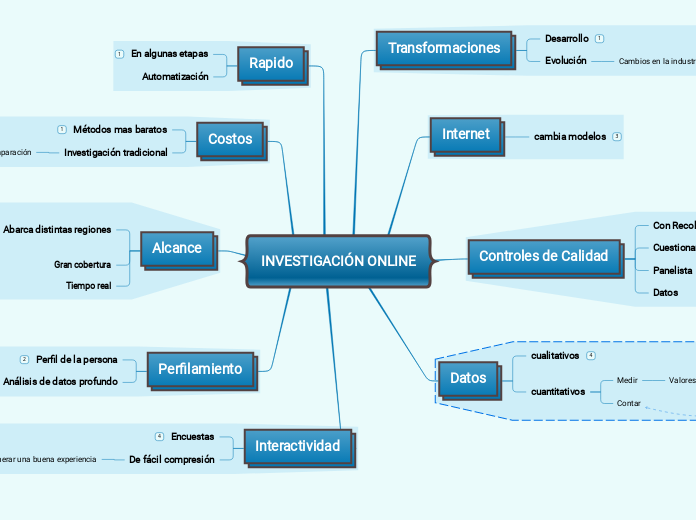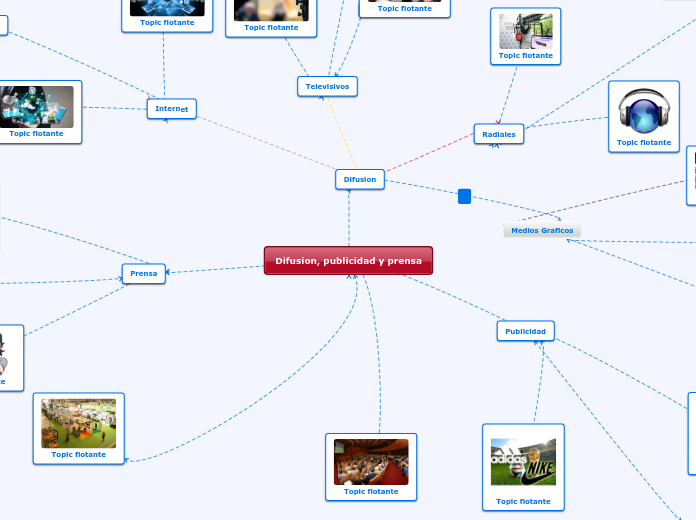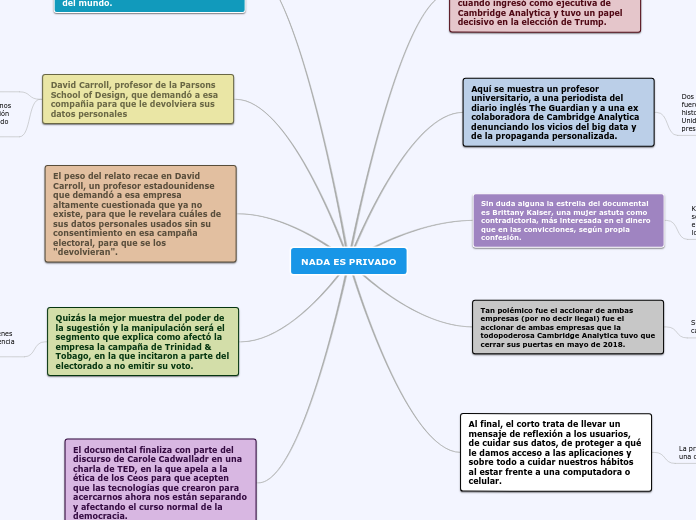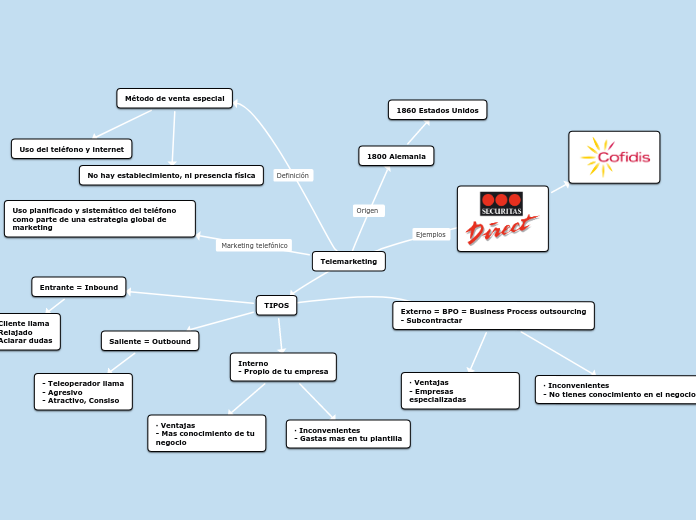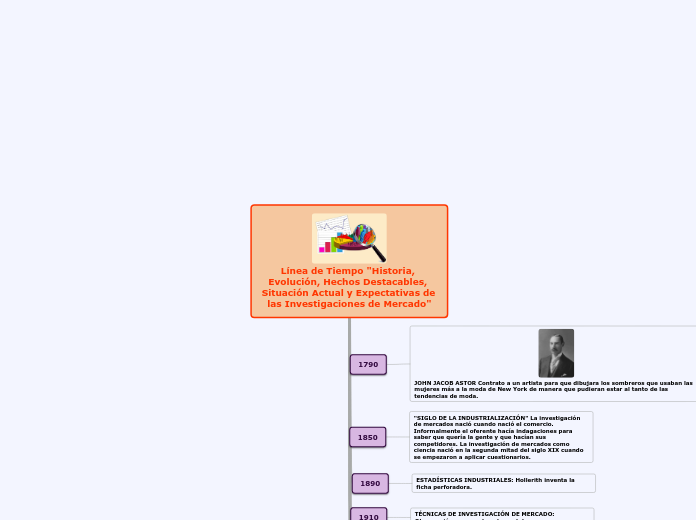INVESTIGACIÓN ONLINE
The part of speech is a category to which a word is assigned according to its syntactic functions. In English the main parts of speech are noun, pronoun, adjective, determiner, verb, adverb, preposition, conjunction, and interjection.
Interactividad
A conjunction is a word like 'if' 'but' or 'and' which is used to connect sentences or clauses together.
De fácil compresión
Generar una buena experiencia
Encuestas
Coordinating conjunctions always connect phrases, words, and clauses. They are: for, and, nor, but, or, yet, so.
Audios
Imagenes
Videos
Atractivas visualmente
Perfilamiento
A preposition is one of the most exciting parts of grammar. A preposition is used to describe the location of something in relation to something else.
Análisis de datos profundo
Compound preposition consists of two or more words.
Permite
Interpretar
Conocer
Perfil de la persona
When a preposition consists of one word it is called single or simple preposition.
Encuestar a panelistas ya perfilados
Información Pre-identificada
Alcance
An interjection is used to express emotion in a sentence.
Think of other interjections!
Tiempo real
Gran cobertura
Abarca distintas regiones
Internacional
Nacional
Costos
An adverb is used to describe a verb, but it can also describe an adjective or another adverb.
Adverbs normally help paint a fuller picture by describing how something happens.
Investigación tradicional
Mas rentable en comparación
Métodos mas baratos
The intensifiers strengthen adverbs adjectives and adverbs and down- toners make them weaker.
Dependiendo el tipo de muestra
Rapido
A numeral is a word or phrase that describes a numerical quantity.
Some theories of grammar use the word 'numeral' to refer to cardinal numbers that act as a determiner to specify the quantity of a noun, for example the 'two' in 'two hats'.
Automatización
En algunas etapas
No todas
An article is a word used to modify a noun, which is a person, place, object, or idea. Technically, an article is an adjective, which is any word that modifies a noun.
cuantitativos
Contar
Medir
Valores numéricos
cualitativos
Indefinite articles are the words 'a' and 'an.' Each of these articles is used to refer to a noun, but the noun being referred to is not a specific person, place, object, or idea. It can be any noun from a group of nouns.
Narrativa
observaciones
Entrevistas
Focus Gruop
Controles de Calidad
A pronoun is a word that can be used in place of a noun, typically after the noun itself has already been stated.
Datos
Panelista
Unlike demonstrative pronouns, which point out specific items, indefinite pronouns are used for non-specific things. This is the largest group of pronouns. All, some, any, several, anyone, nobody, each, both, few, either, none, one, and no one are the most common.
Cuestionario
Relative pronouns are used to add more information to a sentence. Which, that, who (including whom and whose), and where are all relative pronouns.
Tiempo adecuado
Con Recolección de metadatos
Interrogative pronouns are used in questions. Although they are classified as pronouns, it is not easy to see how they replace nouns. Who, which, what, where, and how are all interrogative pronouns.
Internet
An adjective is a word that's used to describe a specific noun and to provide more detail to the listener.
cambia modelos
Expresses a comparison between two entities or groups of entities in quality or degree.
Sistemas menos intrusivos
Recolectar nuevos tipos de datos
Investigar los mercados
Transformaciones
A noun is defined as a person, place, thing or idea. Proper nouns always begin with a capital letter. Common nouns, which are general words, such as 'cars,' are not capitalized.
Evolución
A noun which refers to a group of things/people.
Cambios en la industria
La forma de trabajo
Desarrollo
Countable nouns are nouns that can be counted, even if the number might be extraordinarily high.
Uncountable nouns are nouns that come in a state or quantity which is impossible to count; liquids are uncountable, as are things which act
like liquids.
Digitalización de la industria
